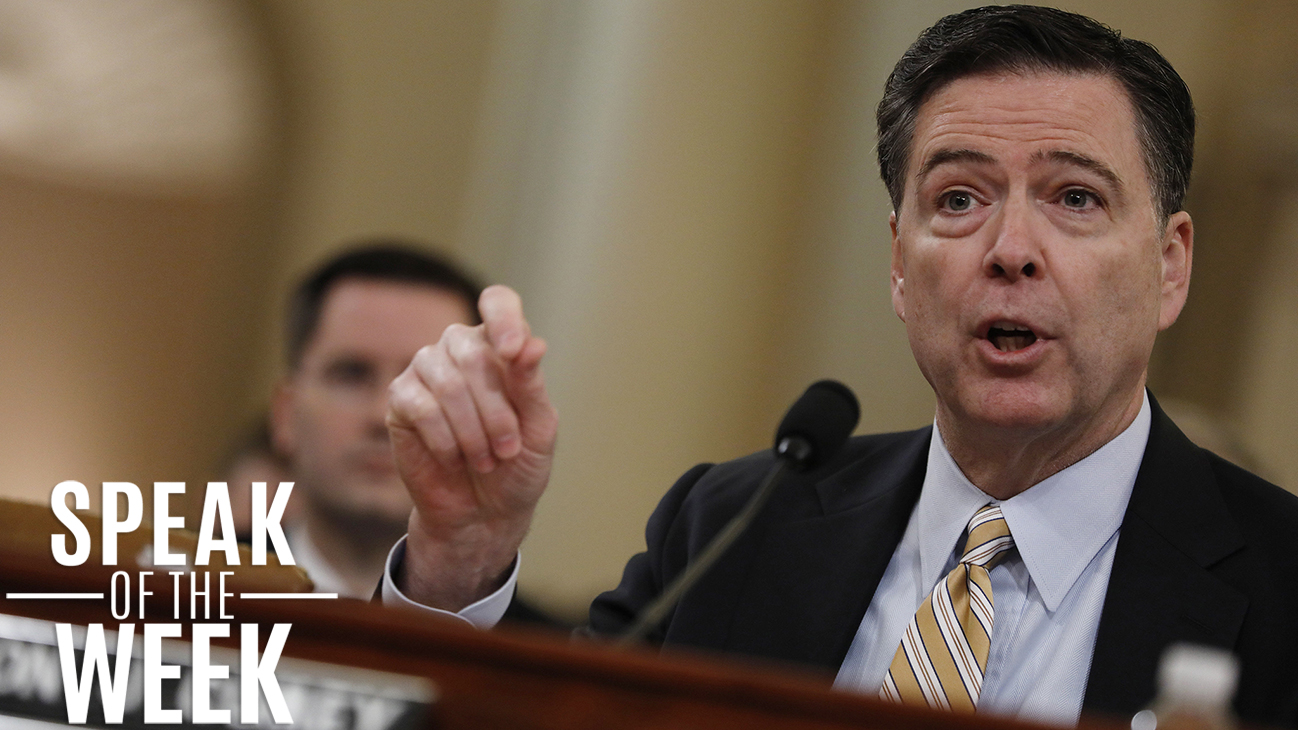For those old enough to remember the pre-digital, pre-smartphone era, the race towards virtual communication via e-mail, then text, and now emojis, can bewilder. While convenient, this cloistering of oneself off against actual speech and actual conversations – why are you calling me when you can text? – will surely have far-reaching ramifications for our world and how we communicate in ways we are only just beginning to understand.
Long gone are the days when millions of Americans would gather around the radio to hear Franklin D. Roosevelt’s reassuring “fireside chats”, when he would address their concerns on everything from the Great Depression to World War II. Whereas once they were comforted in fearful times by such eloquent reflections as “It is whispered by some that only by abandoning our freedom, our ideals, our way of life, can we build our defenses adequately, can we match the strength of the aggressors….I do not share these fears”, they may instead today see on their cell phones bon mots such as “Arnold Schwarzenegger isn’t voluntarily leaving the Apprentice, he was fired by his bad (pathetic) ratings, not by me. Sad end to great show”.
What dialogue between government and its people will eventually look like is for futurists to debate. But for now, when we seek the truth from government officials, elected or otherwise, we want to hear it from them in person, and in their own spoken words. Not via memo, or tweet, but as living, breathing testimony. It retains an important symbolic significance in our culture, and the ritual of appearing before a group of one’s peers to testify is our way of indicating that we want the truth.
This week, James Comey, the Director of the FBI, testified before federal lawmakers that his agency is conducting a counterintelligence investigation of contacts between Russian officials and associates of the current US President. We chose this as our Speak of the Week not necessarily because of the words that were spoken, but rather because words were spoken.
Speech, whether under oath or not, matters. And as much of the free world wrestles with existential fears stemming from accusations of nefarious collusion between a political party and a state enemy, we seek the truth to help us grapple with the consequences. For now at least the truth — or the best approximation we can muster –- continues to appear in the guise of spoken words.

